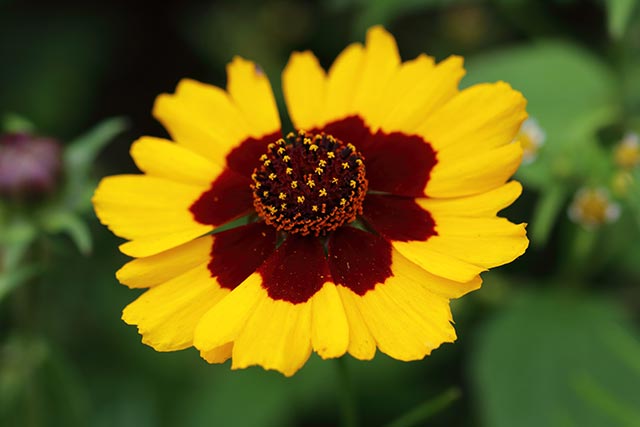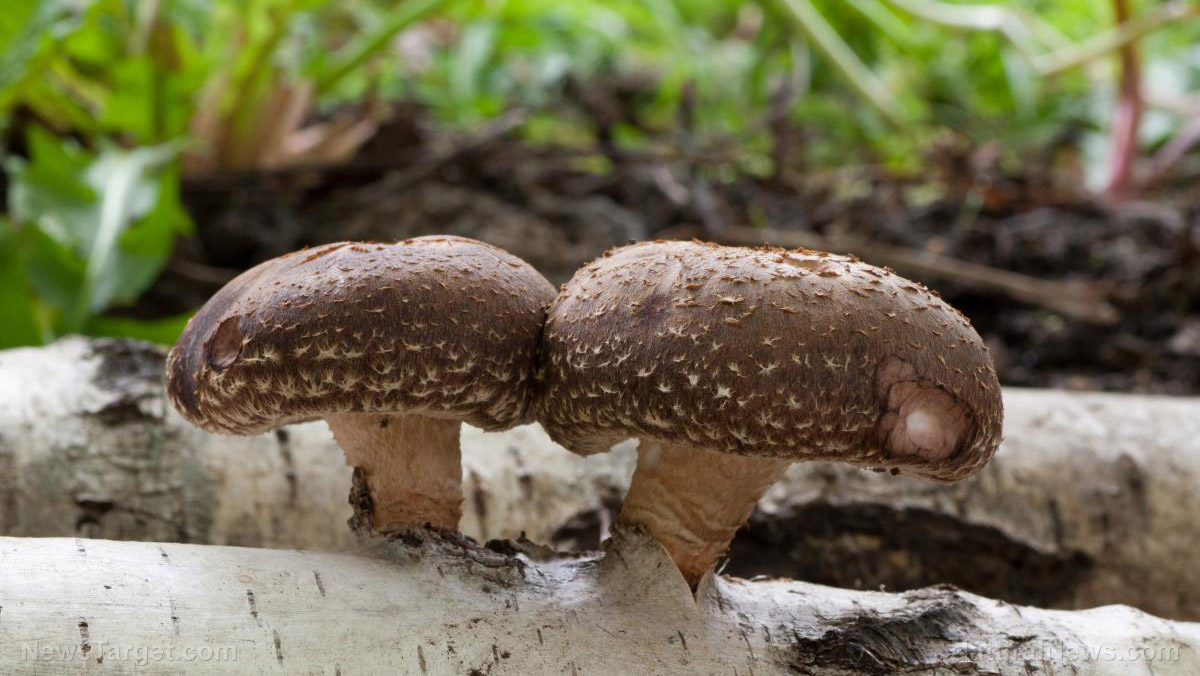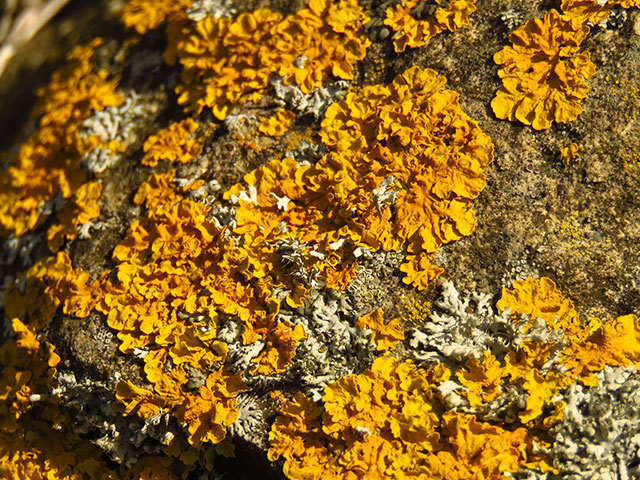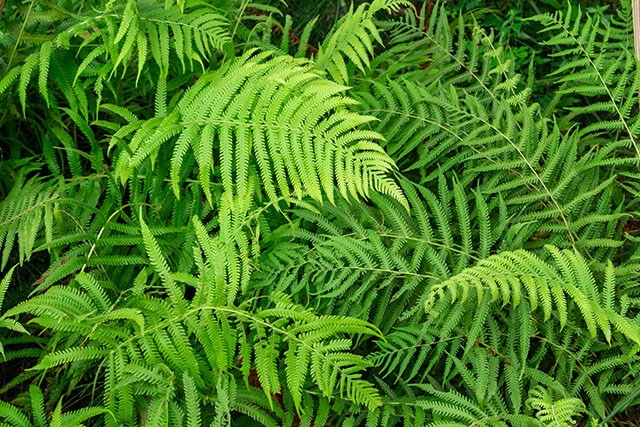The African cabbage offers a natural way to remedy scalp ringworm
09/30/2018 / By Edsel Cook

Names can be confusing — or even misleading — at times. The African cabbage (Cleome gynandra) isn’t at all related to real cabbages, while ringworm disease is actually caused by fungi and not worms. Ugandan researchers can confirm, however, that the local plant has strong antifungal properties, given its long use as a natural treatment for scalp ringworm.
The African cabbage is a weed that doesn’t look the least bit like cabbage. It is eaten as a vegetable, but it also sees use as a medicinal plant. Aside from managing scalp ringworm, it is used to treat various other diseases and symptoms.
Scalp ringworm (Tinea capitis) is one of the most common fungal infections in Uganda. It is very common among children who are below 12 years of age. It also afflicts adults with suppressed immunity, such as people with human immunodeficiency virus.
Standard treatment involves taking oral drugs and applying topical medicine. These antifungal pharmaceuticals are too expensive for the rural poor.
Instead, many of them use medicinal plants like black walnut, chamomile, and tea tree to treat fungal infections. In Uganda, African cabbage is traditionally used to mediate scalp ringworm. (Related: Are you familiar with these 20 herbs that can be used as medicine?)
Testing an edible African weed for antifungal and fungicidal uses
A research team from Mbarara University of Science and Technology (MUST) investigated the antifungal properties of the African cabbage. They gathered fresh aerial parts of the plant, which they then prepared accordingly to create ethanol and aqueous (water-based) extracts.
The two plant extracts underwent phytochemical screening to identify the presence of secondary metabolites, such as alkaloids, fats, flavonoids, oils, steroids, sugars, tannins, and terpenoids. Many of these plant-based molecules are known to have beneficial bioactive effects.
For the antifungal bioassay, the MUST researchers tested different concentrations of the African cabbage extracts on three different kinds of clinical fungal isolates: Microsporum canis, Trichophyton rubrum, and Trichophyton mentagrophytes.
These three fungi are dermatophytes that cause scalp ringworm. The researchers also tested the effectiveness of the extracts against the antifungal medication fluconazole.
Furthermore, they prepared different strengths of starting concentrations for both ethanol and aqueous extracts to find out the minimum inhibitory concentration and the minimum fungicidal concentration of each extract. That way, they would know how much of each is needed to merely prevent the growth of the fungi and how much will outright kill the pathogen.
African cabbage is a potential source of natural antifungal medicines
The MUST researchers reported that both extracts contained numerous plant-based molecules with bioactive properties. Furthermore, both ethanol and water-based extracts of the African cabbage have antifungal activity. Indeed, the ethanol extract demonstrated a systematic antifungal trend against the clinical fungal isolates.
However, once the fungal isolates had been subcultured, the minimum fungicidal concentration for the aqueous extract became lower. This made the water-based extract much more effective than its ethanol counterpart.
All three strains were sensitive to the effects of the extracts. The Trichophyton rubrum strain proved to be the most vulnerable to both extracts, while the Microsporum canis strain was the least affected.
The minimum inhibitory concentration for both extracts varied from 0.0313 to 0.5 mg/mL, depending on the strain.
Based on their findings, the MUST researchers believed that the African cabbage could become a source of new antifungal drugs that are easy to access, effective, and safe to use. They recommended that follow-up studies should evaluate individual phytochemicals for their effectiveness.
They also proposed testing the extracts on other species of dermatophytes in order to determine the exact concentrations necessary to inhibit and kill the fungal strains that cause scalp ringworm and other diseases.
For more natural cures to skin conditions, visit AlternativeMedicine.news.
Sources include:
Tagged Under: African cabbage, alternative medicine, Antifungal, beneficial weeds, edible weeds, Fungicide, herbal medicine, herbal medicines, Herbs, natural medicine, remedies, scalp ringworm, skin health, weeds



















